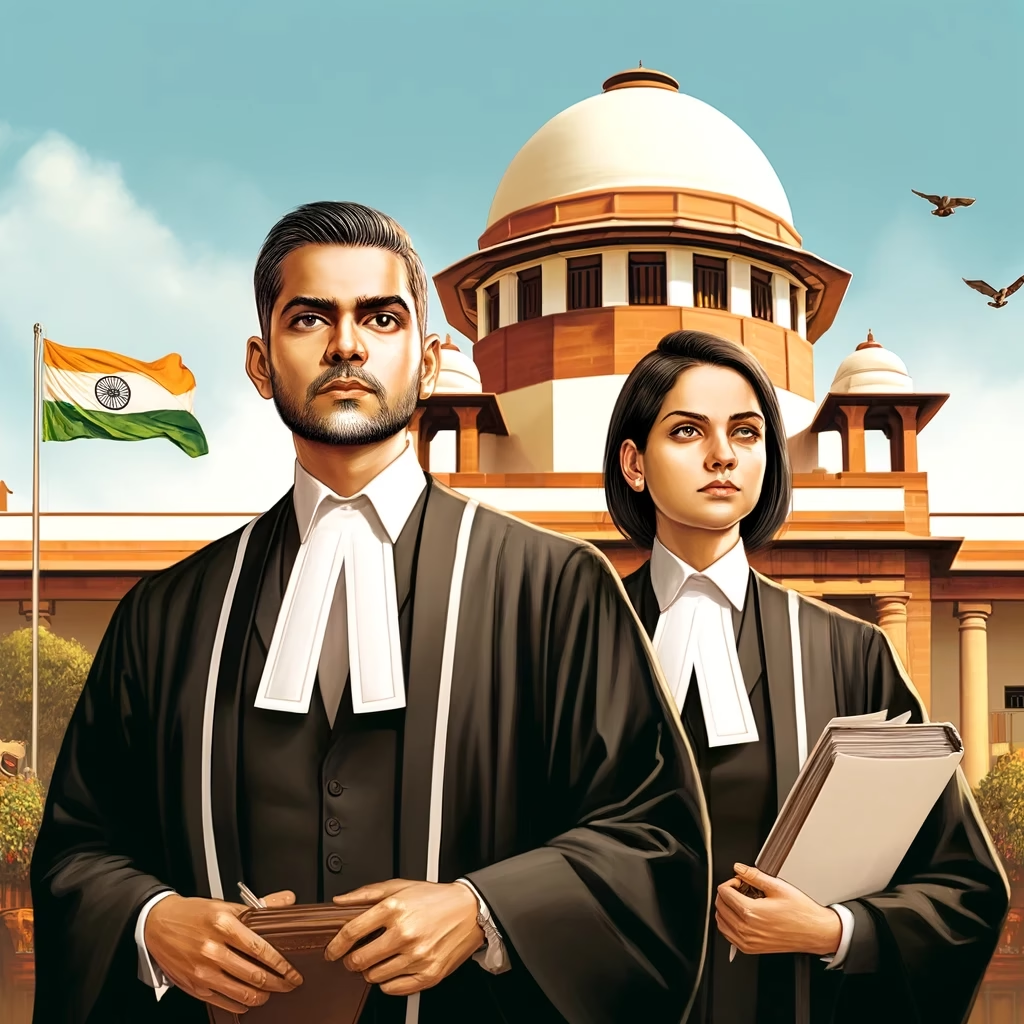In Jitender @ Kalla v. State, the Supreme Court delivered a stern message about the ethical responsibilities of Advocates-on-Record (AoRs) and the sanctity of procedural honesty. The case arose from a Special Leave Petition (SLP) filed by a convict who deliberately withheld material facts about his earlier conviction and sentencing. This concealment of relevant information led the Court to investigate not just the merits of the petition but also the conduct of the lawyers involved.
The Court found that the AoR associated with the case had failed in their professional duty by merely lending their name to the petition without taking responsibility for its contents. Such detachment, the Court held, undermines the integrity of judicial proceedings and violates the obligations placed on AoRs under the Supreme Court Rules. The judgment clarified that AoRs are not passive signatories—they are gatekeepers of truth and accuracy, responsible for every word filed in their name.
Equally, the Court expressed concern over the casual appearance of a designated Senior Advocate in the matter without adequate involvement or oversight. This prompted the Bench to call for a deeper reflection on the standards and procedures used to confer the status of ‘Senior Advocate’. The judges emphasized that the title must reflect not just legal skill but also an unwavering commitment to ethical practice and the administration of justice.
Ultimately, the judgment served as a reminder that the Supreme Court is not merely a forum for litigation but a constitutional body that expects absolute sincerity and diligence from those who practice before it. The ruling reaffirmed that the AoR system is not a formality but a fundamental pillar of responsible advocacy before India’s highest court.
Jitender @ Kala
vs
State

